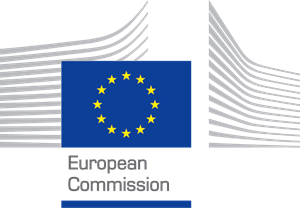Optimization of nano-catalysts for the conversion of methane into high-value chemicals.

PROJECT ZEOCAT-3D: Development of a bifunctional hierarchically structured zeolite-based nano-catalyst using 3D-technology for direct conversion of methane into aromatic hydrocarbons via methane dehydroaromatization.
The goal of the project ZEOCAT-3D is the development of a new bi-functional (two types of active centers) structured catalysts, achieving for the first time a tetramodal pore size distribution (micro-, meso1-, meso2-, macro-porous) and high dispersion of metal active sites for the conversion of methane, coming from different sources as natural gas and biogas, into high value chemicals such as aromatics (benzene, naphthalene, among others) via methane dehydroaromatization (MDA).
The main drawbacks associated with this process are low methane conversion, low selectivity towards the desired products, and the quickly deactivation due to carbon deposition onto catalyst. These problems are overcome using hierarchical zeolites structures synthetized by 3D-printing and loaded with doped molybdenum nano-oxides.
The methodology of the project goes from laboratory to pilot scale demonstration in a real environment. Catalyst design and operation conditions are optimized for different methane feedstock at lab-scale and then upscaling and construction of a final prototype is carried out. The optimization of these catalytic processes brings enormous advantages for increasing the exploitation of natural gas and biogas.
Our main tasks
-
- Project coordination
-
- Definition of requirements of new catalytic conversion process and conditions of reactor
-
- Modelling of catalyst design
-
- Modelling of upstream and downstream components
-
- Modelling and simulation of the process.
-
- Modelling of design of reactor
-
- Design of upstream and downstream conditioning systems
-
- Design of H2-selective membranas
-
- Design of reactor
-
- Integration of individual components
-
- Multidisciplinary design optimisation for up-scaling correlations.
-
- Standardization of multiscale modelling.
-
- Data management
Partners
BEN | CARTIF | CERTH | CNRS | DCS COMPUTING | HELPE | HYBRID | IDENER.AI | KNEIA | LUREDERRA | 3D-CAT | NCSRD | TECNAN | TU/E | VITOStart date – finish date
04 / 2019 - 03 / 2023

This project has received funding from the European Union’s Horizon 2020 research and innovation programme under grant agreement Nº 814548

